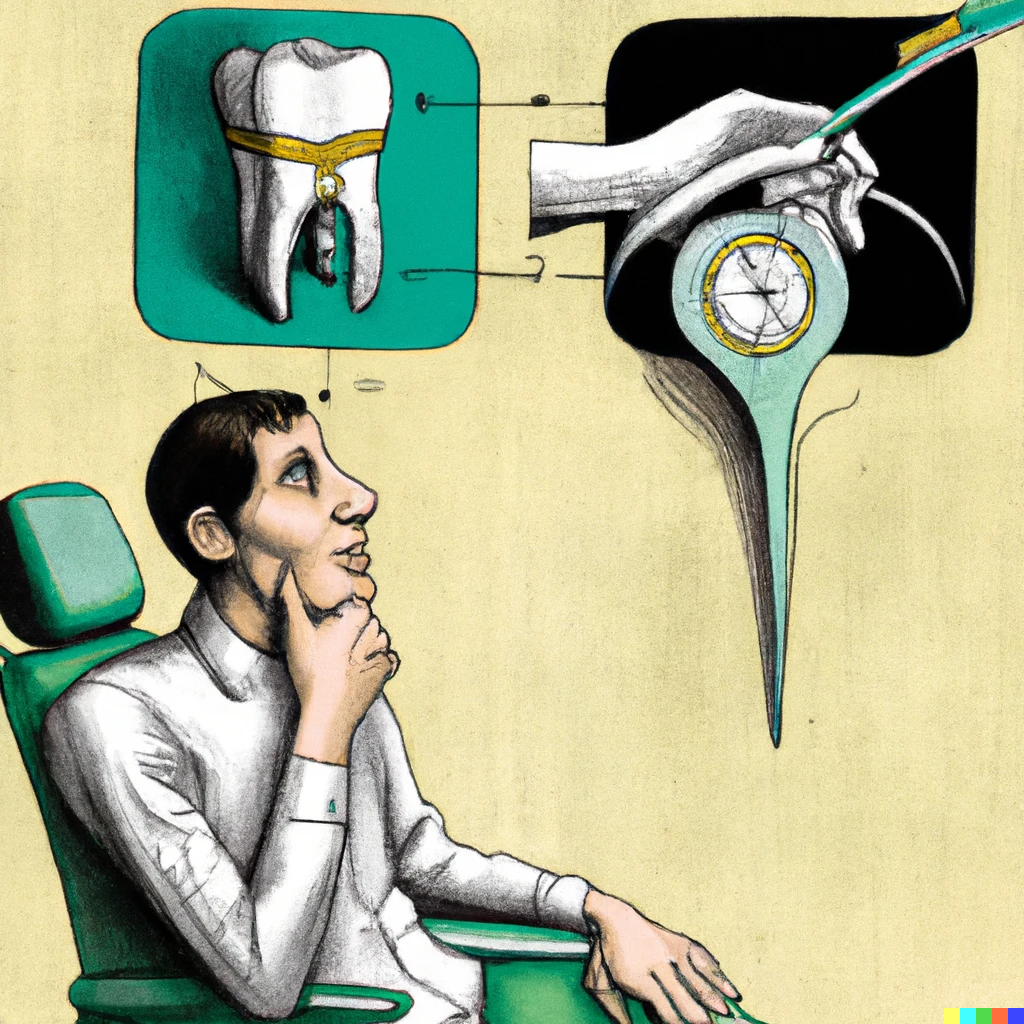
The Cost of Immediate Gratification in Dental Implants: An Irrational Choice?
Greetings, curious readers. Today, we’re diving into the realm of dental implants and the seemingly irrational choices people often make when it comes to their oral health. Let’s begin by setting the stage for what seems like a fantastic deal: the promise of permanent teeth in just three days after surgery. Sounds tempting, right?
But here’s where behavioral economics and, specifically, the principle of ‘immediate gratification’ comes into play.
The Lure of Instant Results
We’re hardwired to seek immediate rewards—it’s a primal instinct that helped our ancestors survive. But in today’s world, this instinct often leads us astray. Immediate gratification can create a sort of ‘myopia,’ blinding us to the long-term consequences of our actions. Take, for example, the allure of getting permanent teeth in just 72 hours.
The Science of Implant Healing
Here’s where the rationalist in me feels compelled to point out that scientific research shows dental implants actually need time to heal. According to evidence-based studies, a period of at least 90 days is recommended for the bone and soft tissue to fully heal and integrate with the implant. During this time, the risk of implant failure decreases, and the success rate goes up. So why are we collectively ignoring this valuable information? The answer lies in our tendency to value the immediate reward over a future benefit.
The Shortcuts and Their Costs
Let’s introduce Story #1: Meet Jane. She’s a professional who wanted to get dental implants but couldn’t fathom the idea of waiting months for the process to be completed. So she opted for an immediate-load implant center that promised teeth in three days. The result? Two years later, Jane had to undergo another surgery to correct the issues stemming from her quick-fix solution.
Story #2 introduces us to Mark, who also chose a three-day solution from a similar clinic. He faced constant discomfort and, worse yet, discovered he had to replace his implants altogether when he finally sought a second opinion.
These two cases serve as cautionary tales that immediate results often neglect long-term objectives. You see, at NoMo Dentures, we pride ourselves on long-term planning. We don’t just focus on getting you new teeth; we aim for sustainable, long-lasting solutions. For instance, we incorporate laser cleanings using NdYag soft tissue laser into our treatment plans to ensure your dental implants not only look great but also last a lifetime.
Weighing the Costs and Benefits
Behavioral economics teaches us that people often make irrational decisions because they improperly weigh the costs and benefits of their choices. That’s why it’s important to consider the full lifecycle of your dental implants, from the surgery to the necessary post-operative care, like hygiene maintenance, which is pivotal in preserving a lifelong investment.
Testimonials
Here’s what Sarah, one of our satisfied customers, had to say: “I almost went for the immediate-load implants but decided to trust NoMo Dentures. A year later, my implants are perfect, and I couldn’t be happier with my decision.”
Jack, another happy customer, echoes this sentiment: “The team at NoMo Dentures took the time to educate me on why immediate solutions aren’t always the best. I’m grateful for their patient-centric approach.”
The Takeaway
So, the next time you’re faced with a dental decision, consider the immediate vs. long-term implications. Don’t let the irrational allure of quick results keep you from making a wise, well-informed decision. After all, your teeth are a long-term investment. Don’t you want the best for them?
The decision to get dental implants is a significant one, and it deserves careful, rational consideration. By focusing on long-term goals and being aware of our irrational tendencies, we can make choices that serve us well in the long run. Immediate gratification is tempting, but as the saying goes, good things come to those who wait.

